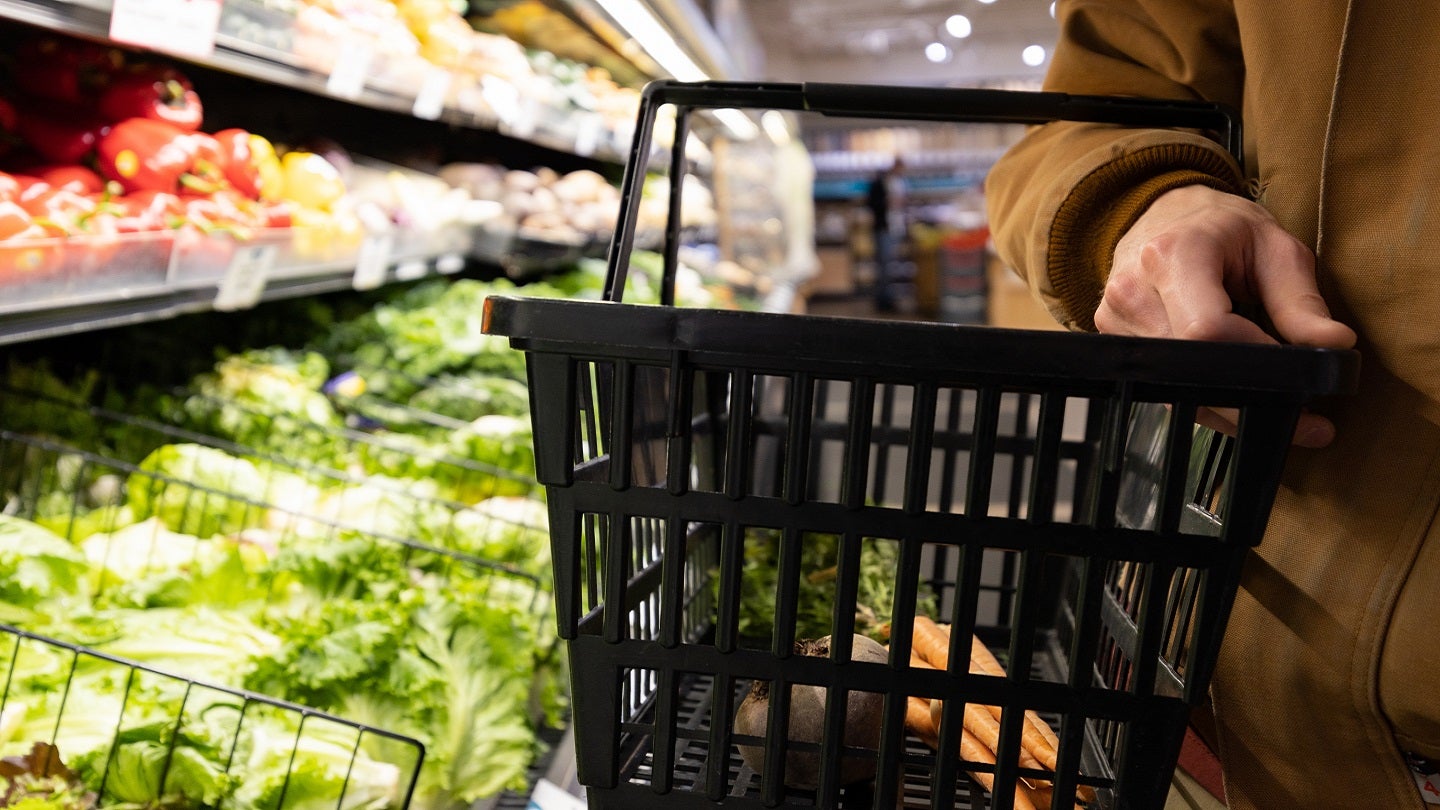UK shop price deflation rose to 0.6% in November 2024 – a slight increase from the previous month’s deflation of 0.8%, as reported by the British Retail Consortium (BRC) and NielsenIQ.
This figure is slightly higher than the three-month average deflation rate of -0.7%.
Shop price annual growth remained at its lowest level since September 2021.
Non-food remained in deflation at -1.8% in November, up from -2.1% in the preceding month and the three-month average rate of -2.0%.
Food inflation declined to 1.8%, down from 1.9% in October and below the three-month average rate of 2%.
The annual rate continues to ease in this category and inflation remained at its lowest rate since November 2021.
Access the most comprehensive Company Profiles
on the market, powered by GlobalData. Save hours of research. Gain competitive edge.

Company Profile – free
sample
Your download email will arrive shortly
We are confident about the
unique
quality of our Company Profiles. However, we want you to make the most
beneficial
decision for your business, so we offer a free sample that you can download by
submitting the below form
By GlobalData
In the fresh food category, inflation accelerated in November, to 1.2%, up from 1% in October. This is in line with the three-month average rate of 1.2%. This was its lowest since November 2021.
Ambient food inflation decelerated to 2.7% in November, down from 3.1% in October – below the three-month average rate of 3% and its lowest level since February 2022.
BRC chief executive Helen Dickinson said: “November was the first time in seventeen months that shop price inflation has been higher than the previous month, albeit remaining overall in negative territory.
“With significant price pressures on the horizon, November’s figures may signal the end of falling inflation. The industry faces £7bn of additional costs in 2025 because of changes to employers’ National Insurance contributions, business rates, an increase to the minimum wage and a new packaging levy.
“Retail already operates on slim margins, so these new costs will inevitably lead to higher prices. If the government wants to prevent this, it must reconsider the existing timelines for the new packaging levy, while ensuring any changes to business rates offer a meaningful reduction for all retailers as early as possible.”
In November 2024, more than 80 retailers signed an open letter to the UK Chancellor warning that the proposed measures in the recent Autumn Budget could burden the retail industry with an estimated £7.06bn ($8.95bn) in additional costs by the end of 2025.


